
Joe Jackson “Fast Forward”
You think you know a guy. He’s a jazzy New Wave Pop star. A classically trained pianist. A peer of Elvis Costello, who made it, and Graham Parker, who almost made it. As a young man, he made a couple of hit records that have held up. And then, in the mid-80s, he took the other road. For two decades, he scored films, paid tribute to his heroes and composed music for grad students. When he returned, many years later, he appeared startlingly different — all black clothes and a powder white face and hair. In middle age, Joe Jackson’s passion was still genre-defying music, but also, and maybe more so, libertarianism.

New Order “Waiting for the Sirens' Call”
Is it fun to be in a band? I used to think so. But, then, why does it seem so hard? Is it the anxiety of performance? The inevitable imposter syndrome? The monotony of touring and recording that The Kinks described so well in “Do It Again”? That plight -- the tragedy of fun -- is part of what defines and unites Goths, I suppose. It’s also probably the thesis of Post-Punk’s greatest band: New Order. For many years, the band that was born out of death hunted for fun in every corner of every club in the world. That was, until 1993, when drink and drugs and feelings got in the way. After a trial separation, they reunited, and embarked on a well deserved honeymoon. The fun, however, was short lived. By 2005, when they released the “Waiting for the Sirens’ Call,” divorce was in the air.
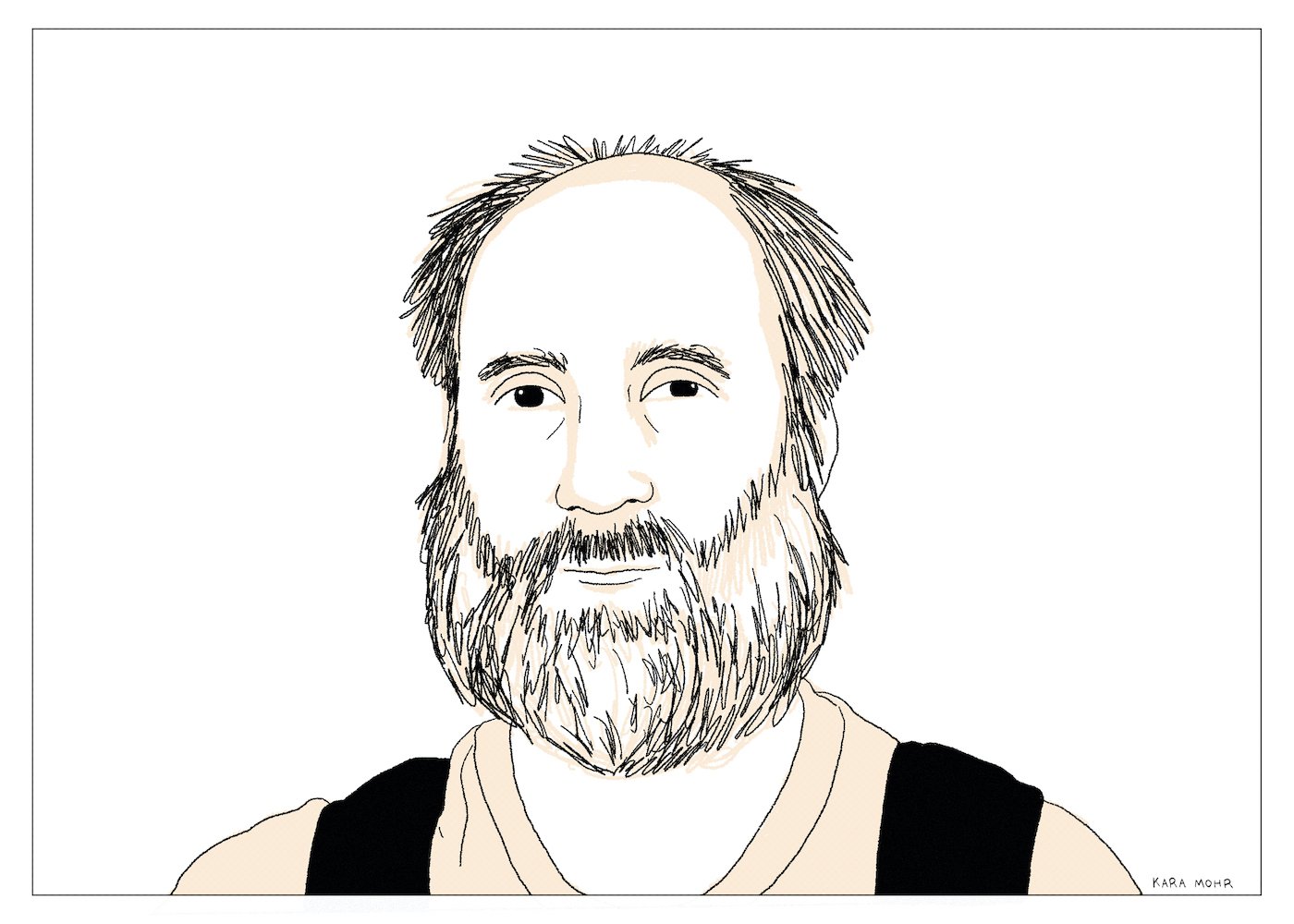
Built to Spill “Untethered Moon”
If I had to design an Indie Rocker -- for a movie character or a book proposal, or whatever -- I’d start with a guy from the Midwest or the Pacific Northwest. He’d be above average height and lanky, but in no way muscular. Maybe he played some baseball in high school, but sports weren’t that important to him. He drinks beer and smokes weed but doesn’t think much about either. He’s introverted, but also has plenty of friends. He’s dreamy -- not in the Jake from “Sixteen Candles” way, but in the always kind of thinking of something else way. He can figure things out. He built his own computer. He can hang drywall. He apparently has a band that nobody has ever heard but that you assume is pretty good. And, though he’s only twenty-something years old, he looks like he could be forty. He’s even got the beard to prove it. That’s the guy — the archetype. His name is Doug Martsch.
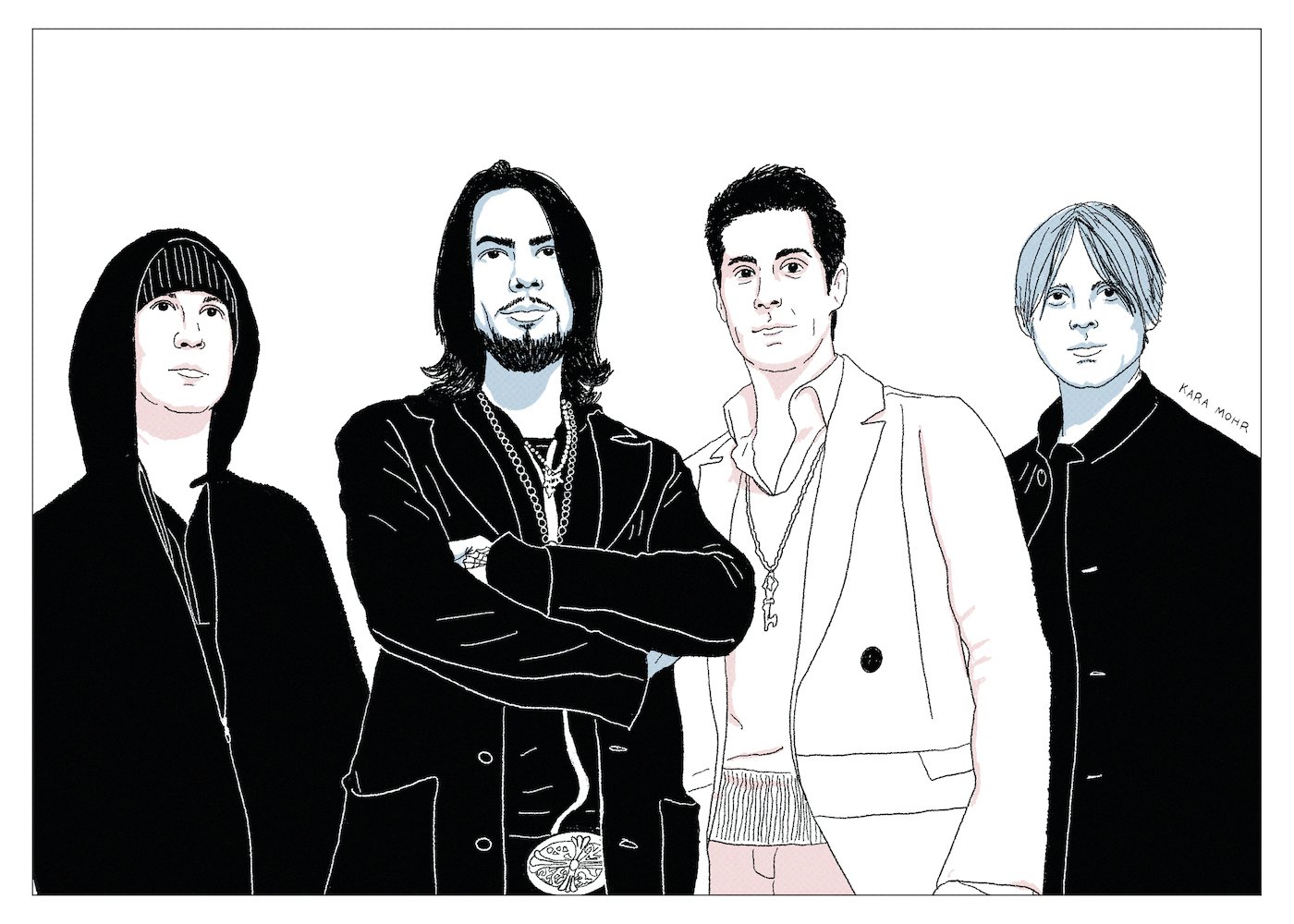
Jane’s Addiction “The Great Escape Artist”
By 2011, hell had frozen over enough that we began to expect the return of every legendary band. The Pixies, The Replacements, My Bloody Valentine, Pavement. The list was practically endless. It was simply too costly for those bands not to reunite. So, news of another album from middle aged Jane’s Addiction was kind of ho hum. For many, it was a curiosity, at best. At the core of this presumption was the belief that the great, unsustainable version of Jane’s had died in 1991. That they would return made only commercial sense. That they could recapture any semblance of their original brilliance made practically zero sense.
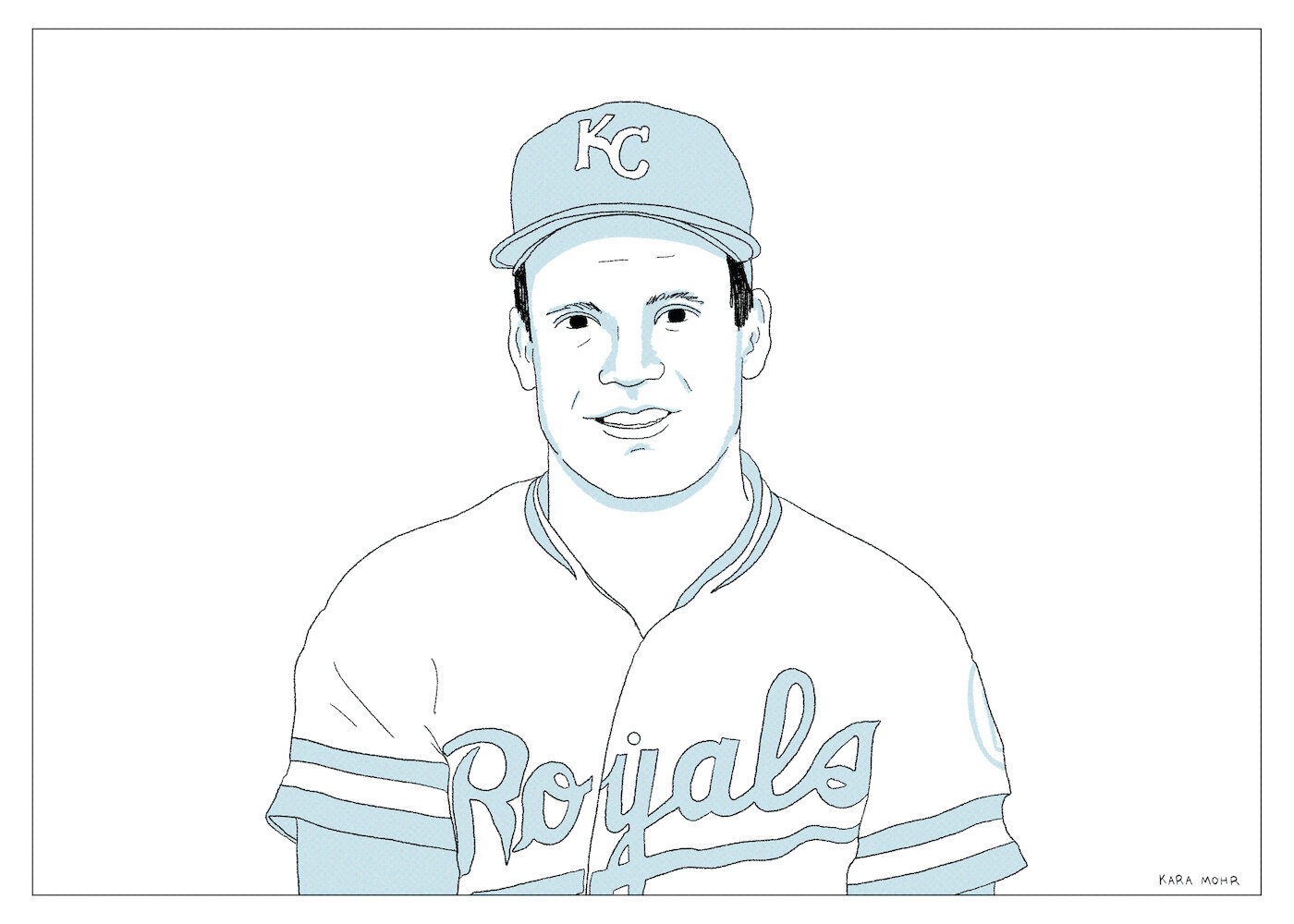
George Brett “The Bellagio Story”
At spring training in 2006, the greatest player in Kansas City Royals history told two minor league journeymen about the time he pooped his pants at the Bellagio, underneath the world’s largest installation of Dale Chihuly blown glass. The story is well known among Youtube diggers, Brett enthusiasts and, perhaps, baseball-inclined gastroenterologists. The mystery of this great story is not what plagues the Hall of Famer’s colon or how it relates to his Pine Tar Homer or whether it is even true, but rather why George Brett was so proudly insistent on the matter of his incontinence.
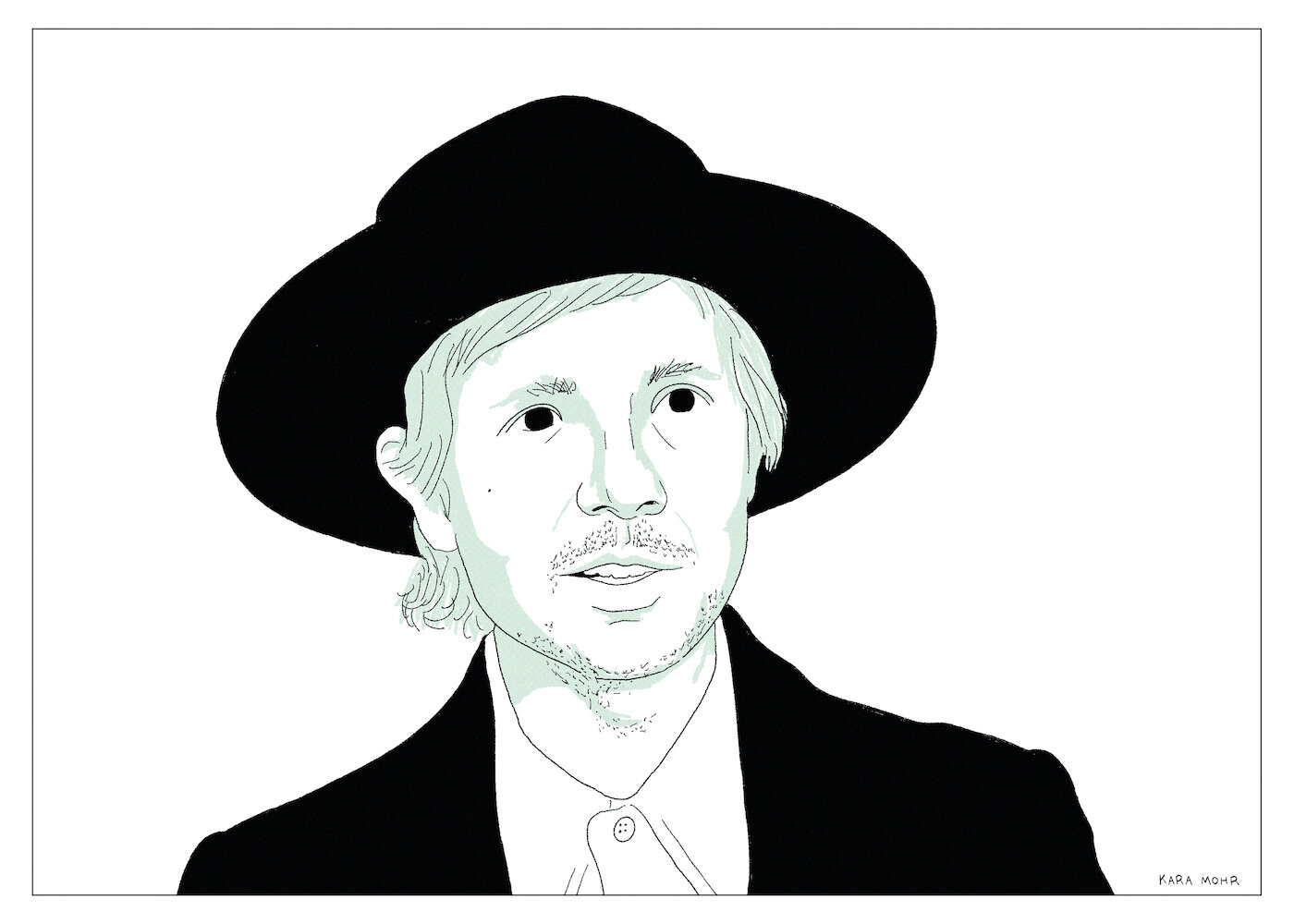
Beck “Hyperspace”
Since we finally met Beck, the grown up man, on “Sea Change,” a lot has happened: He got married. He had two children. He got divorced. He released seven albums -- most of them appreciated, and a couple beloved. He stayed in California. He stayed thin and pretty and a little weird. To the casual observer, he barely aged. But, with each successive album, he impressed less. There were no more “Odelays” or “Midnight Vultures.” In fact, to some fans and many critics, Beck became kind of boring. In 2002, I had firmly concluded that Beck could never be uninteresting. By 2019, however, I was less sure.
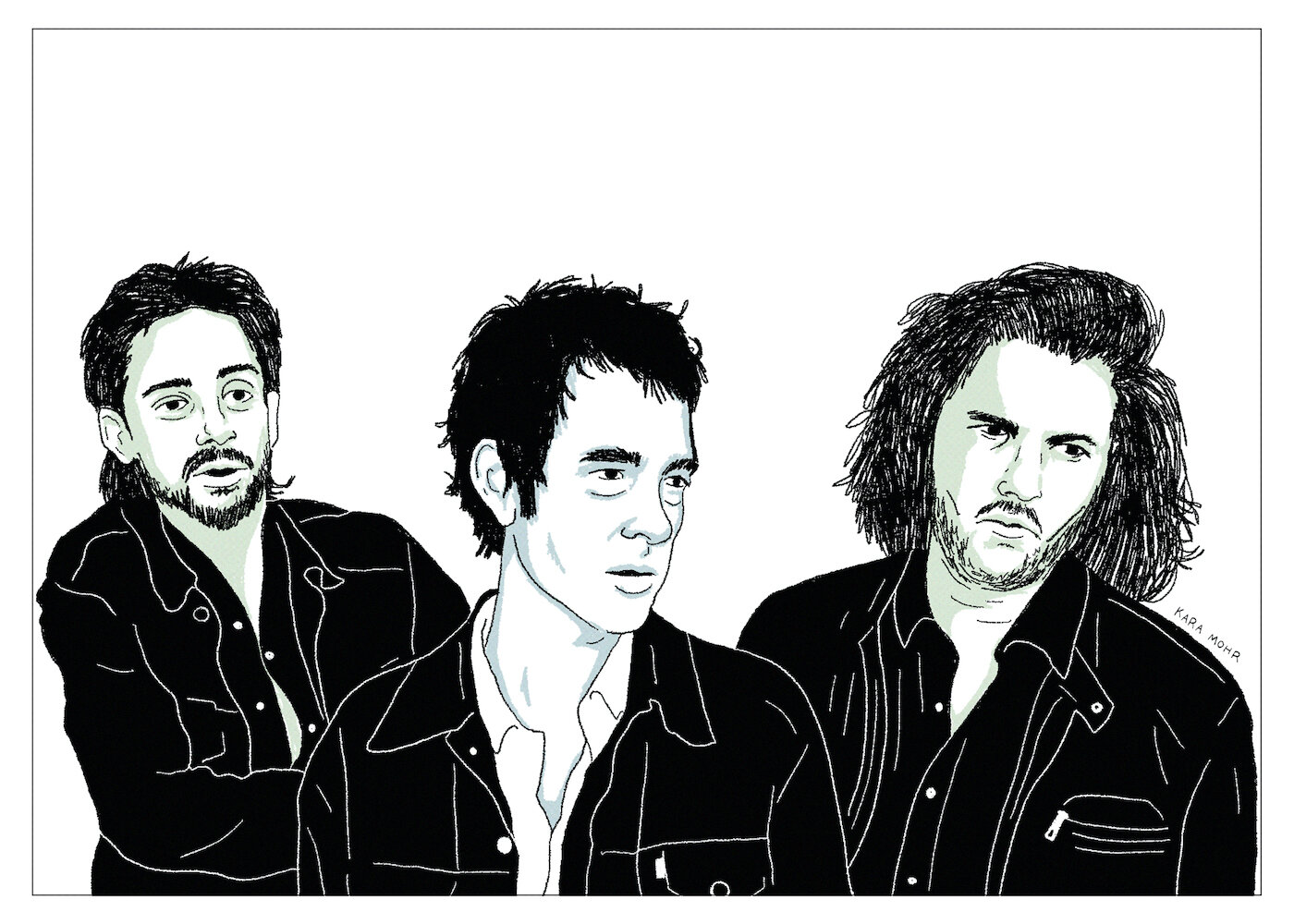
Jon Spencer Blues Explosion “Meat + Bone”
Right after Nirvana, but just before Radiohead, the Blues Explosion were the band that all of New York City wanted to happen. They emerged from the grime to make “Art&B” that was initially greasy, then sweaty and, eventually, glistening. But, slowly, and unexpectedly, the buzz quieted down. The albums got safer or weirder. A decade after their debut, they’d been market corrected by The White Stripes. In fact, they practically disappeared. But then, in 2012, they pulled the cover off the old muscle car, put the keys in the ignition and waited to see if the engine still ran.

Luther Vandross “Luther Vandross”
Luther was the most polite Soul singer to have ever lived. We always knew that Al Green was grooving with euphemisms. We knew Smokey Robinson was being a little too cute. Even Michael Jackson tried to convince us that he was “Bad.” But Luther did none of those things. He was more interested in holding hands and gazing into our eyes over a candlelit dinner and a glass of Chablis. He built his career around silky vocals, a cherubic smile and good manners. But, in 2001, at the age of fifty, he lost half of his body weight, slapped expensive beats on his tracks and started to flirt like a grown up.
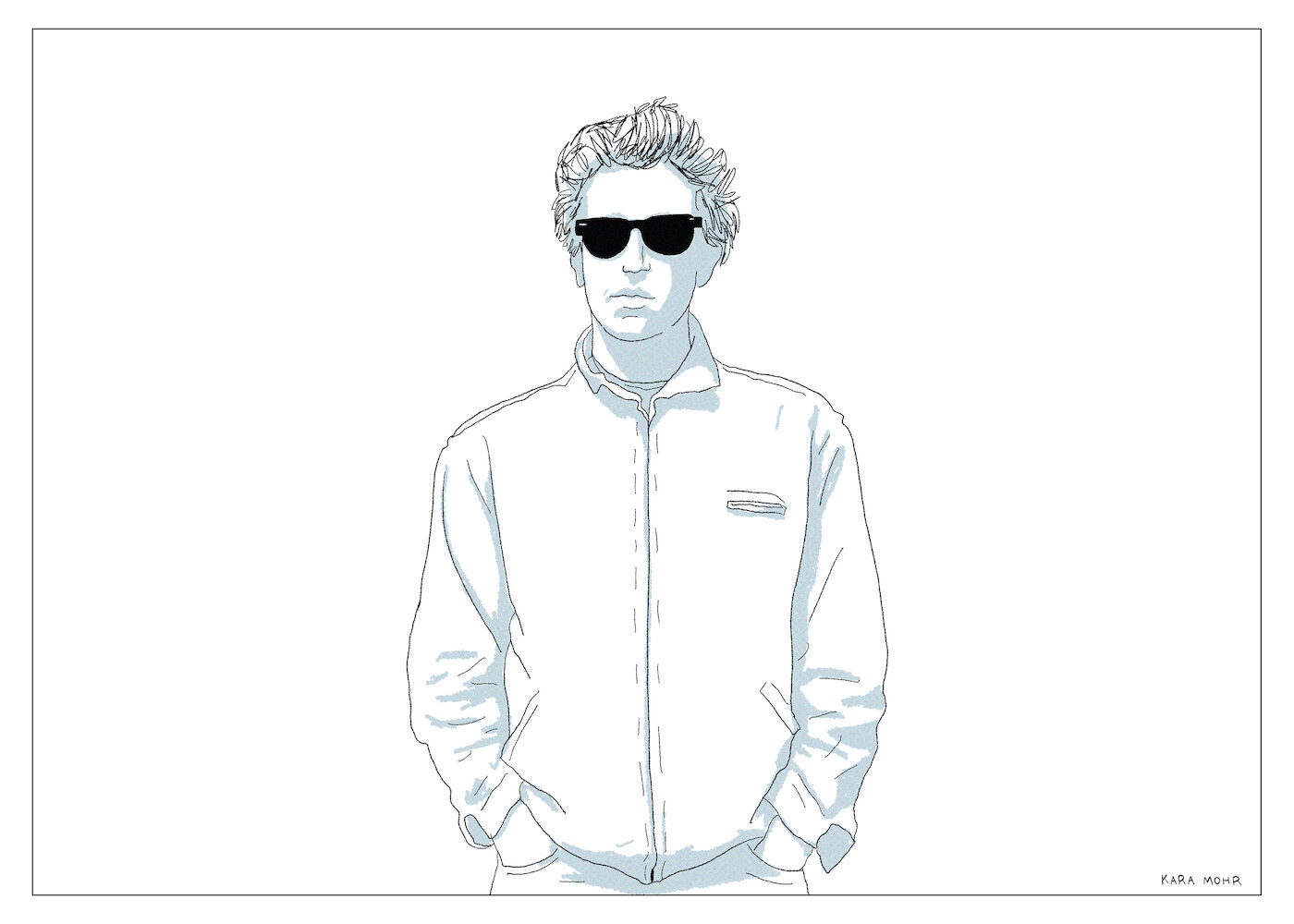
David Kilgour “The Far Now”
What’s it like to be a treasure, buried deep inside an island halfway around the world? What’s it like to be a semi-legend who cannot make a living doing what you are revered for? What’s it like to be a middle-aged artist who means so much to so few, but absolutely nothing to so many. Eventually, David Kilgour, the darling, Kiwi uncle of Indie Rock, gave up worrying about these sorts of things. “The Far Now” is his exhale — the sound of sunrise and sunset.
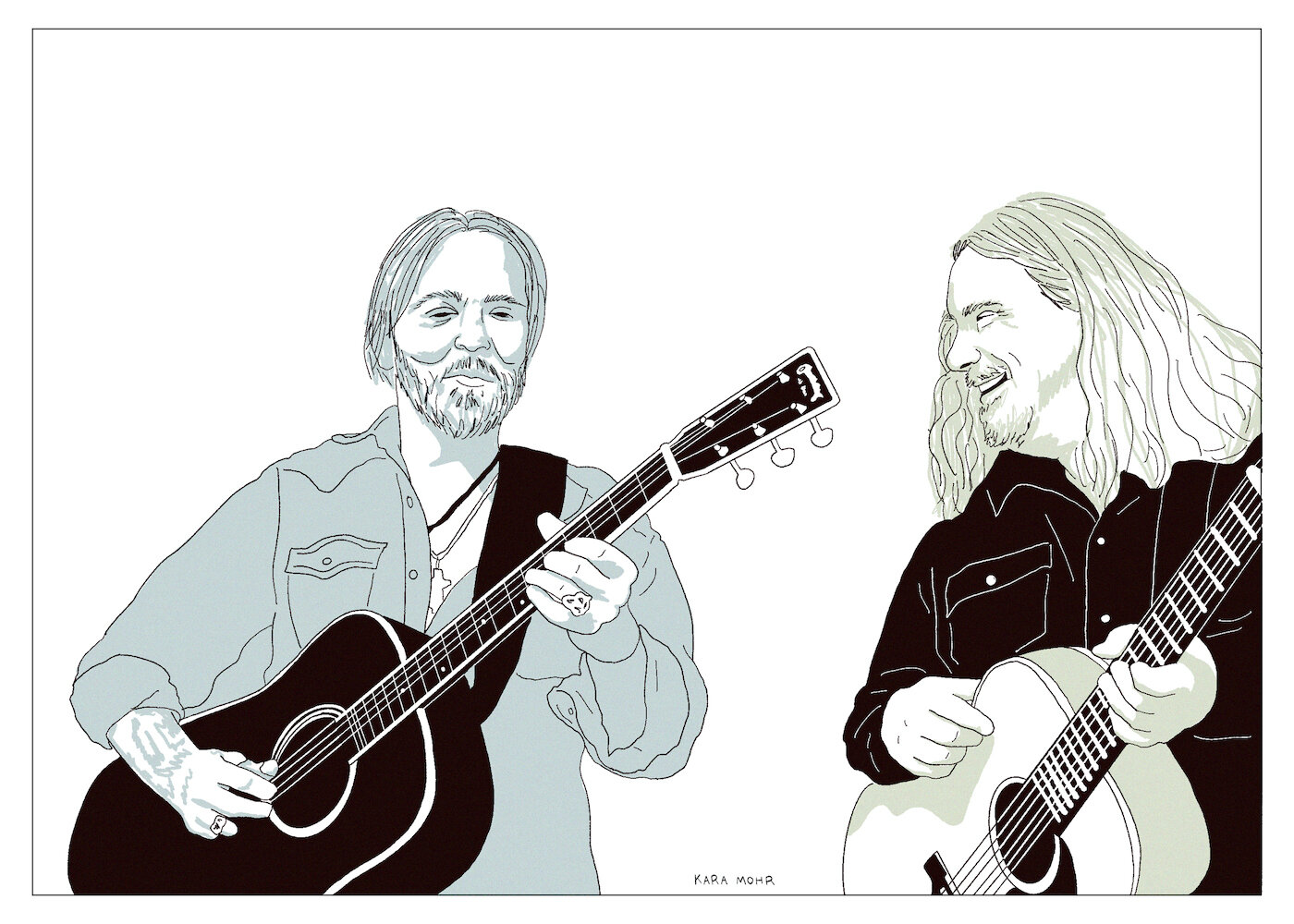
Allman Brothers Band “Hittin' the Note”
All these years later, I don’t regret the Leftover Salmon jokes or the Disco Biscuits cheap shots. For decades I used the term “Jam Band” pejoratively. It was hypocritical, to say the least. Bands that I loved — Television, Yo La Tengo, The Feelies — loved to jam. But, it was obviously not the same thing. They weren’t “Jam Bands.” And so, I simply would not apologize for my snark. The one thing I did regret, though -- the thing that has gnawed at me since I was a teen -- was the fact that I never gave the Allman Brothers Band a fair shake.
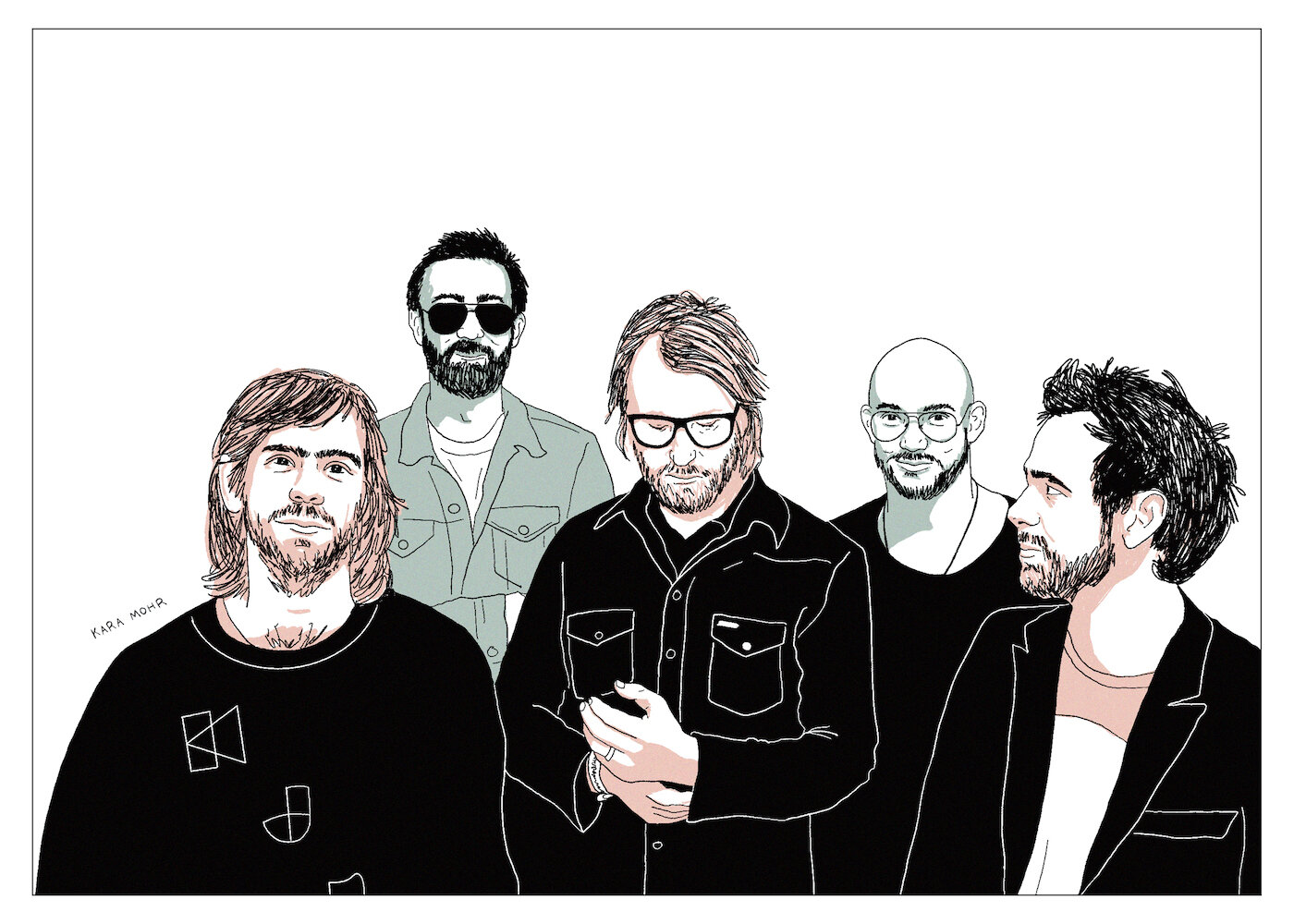
The National “Sleep Well Beast”
In 2017, after a decade being carried in the arms of cheerleaders, The National were understandably disoriented. There was the scary new President. There was their unexpected stardom pushing up against their middle-aged domesticity. There was even a small, but vocal, backlash accusing them of sameness. And, possibly, smugness. “Sleep Well Beast” was the band anxiously experimenting their way through the quagmire. Meanwhile, I listened and wondered: can we ever go back?

The Feelies “In Between”
If ever there was a band that was born to disappear, it was The Feelies. They were the cult band that, for over forty years, were not a band much more than they were a band. They were R.E.M. without the feelings and Yo La Tengo without the romance. They wrote songs about nothing. They made four albums between 1980 and 1991 and then faded like Halley’s Comet. But then, twenty years later, they returned. And, even though they had already said everything that there was to be said about nothing at all, they kept on saying it. Same chords. Same mumbled words. And it was still perfect.

Pearl Jam “Backspacer”
From the very beginning, I did not trust Pearl Jam. The yearning was too intense. The bass was too rubbery. They wore hats! I was certain that they were a Jam band in disguise. Over time, though, I realized that I was untrusting more than they were untrustworthy. And, by 2009, there were rumors of a “new wave,” “optimistic” Pearl Jam. Obama was President. Cheney and Rumsfeld were gone. Matchbox Twenty and Third Eye Blind were a distant memory. Hope had sprung eternal. I was not not curious.

Beastie Boys “Hot Sauce Committee Part Two”
Ten years later, I don’t really know if this was a fake sequel or a Jewish version of an Irish wake or something else. As music, it tastes more like warm soup than hot sauce. But, they were still elite MCs. And they were still fluent in Dub, Hardcore and Space Funk. Looking back, they were never my band. But a whole lot of what I know about growing up I learned from the Beastie Boys.
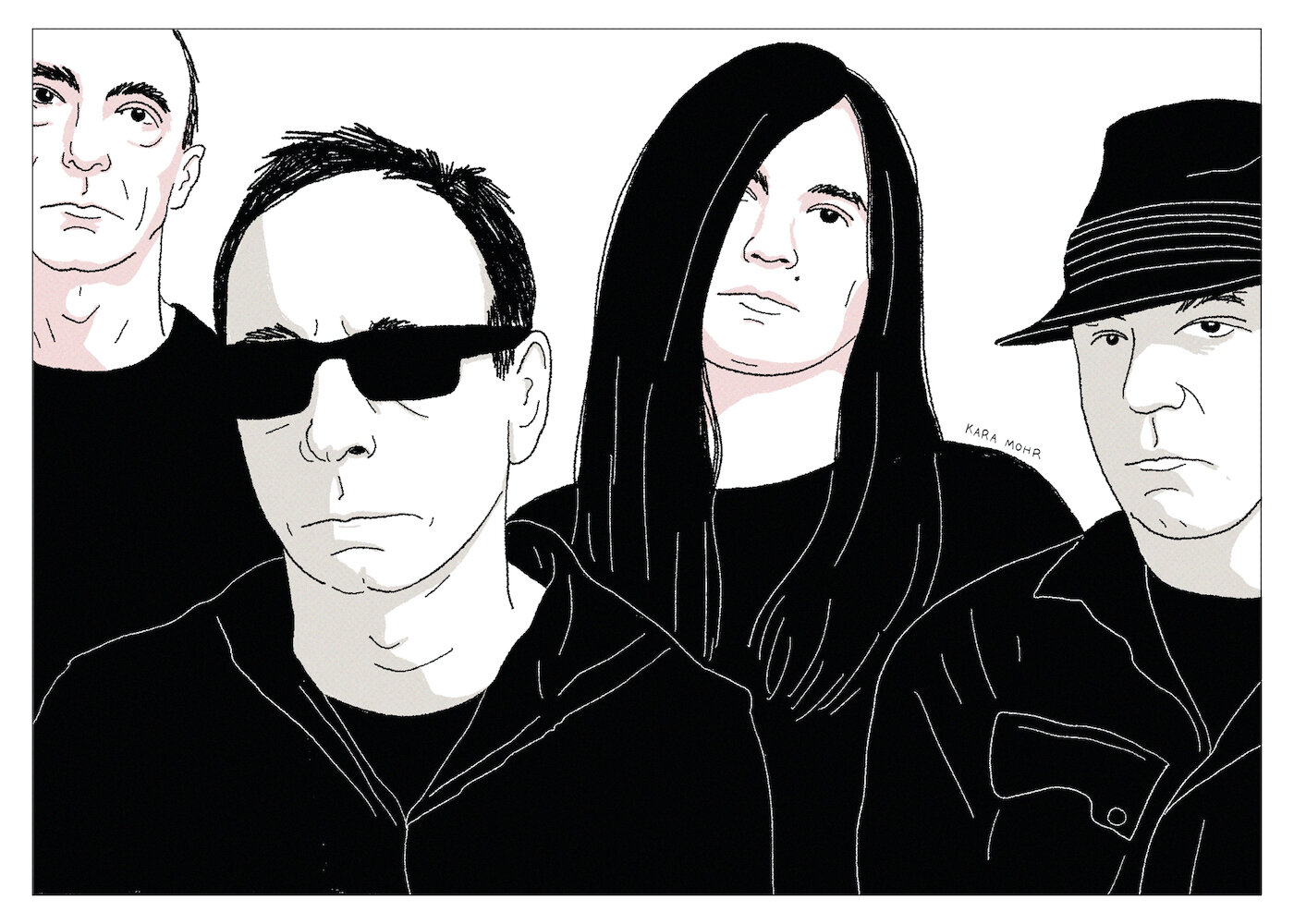
Wire “Change Becomes Us”
Wire was an argument against the zeitgeist. Anti-Rock. Anti-New Wave. Anti-Electronic. The alternative to Alternative. And, for decades, they despised nostalgia. They did not revel in the myth of “Pink Flag.” They were constantly present and stepping forward. But, what happens when the argument is futile? What happens when the future is gone? What comes after “posteverything”?
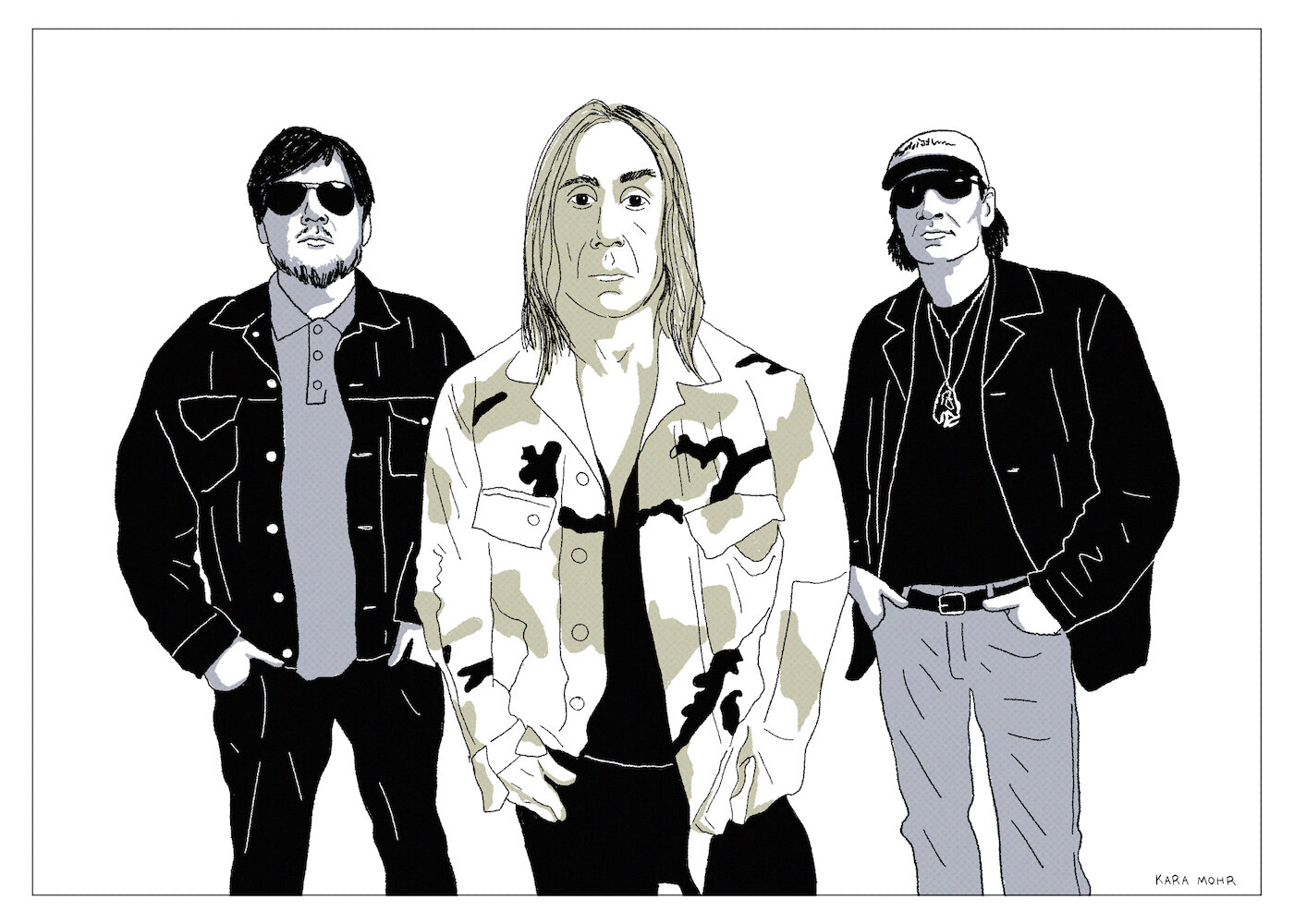
The Stooges “The Weirdness”
When The Beatles broke up, it ached of permanence. But, twenty years later, the bruises were forgotten. Every band that went away eventually came back. The Who. The Eagles. Even The Velvet Underground. Hippies turned Yuppies understood the motivation — if there was money to be made, the end was never really the end. But Generation X, with our Indie ideals, didn’t get the memo. When The Pixies reunited, we were pissed. And when The Stooges earnestly tried, but fell short, we were out for blood.
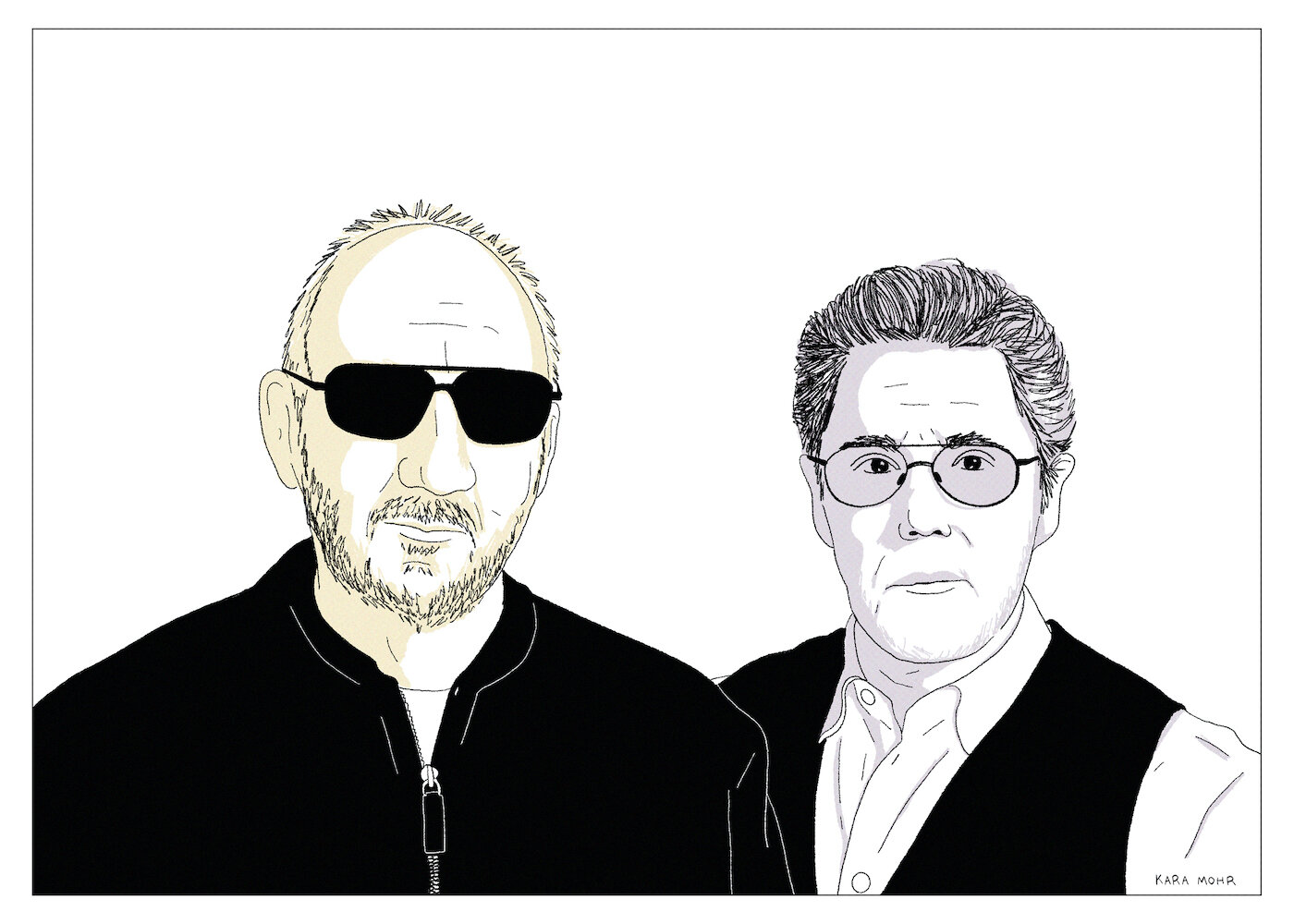
The Who “WHO”
During their 2010 Super Bowl performance, without ever saying as much, The Who confirmed what we had suspected for years. They were done. Keith and John were dead. Pete was in his mid-sixties and Roger Daltrey was a year older and could no longer sing. There was simply no coming back. But, in 2019, through a combination of medical innovation and radical kindness, The Who returned.

The Shins “Port of Morrow”
James Mercer had a decision to make. Was he going to be the boss and the star of a beloved band? Or would he remain a coy teammate, holding on to his indie ideals? First, he opted to punt and half hide alongside Danger Mouse. Eventually he reemerged like a bearded, prettier Kevin Spacey and without his bandmates. It seemed like a daring step forward but it still sounded exactly like The Shins.

The Red Hot Chili Peppers “I’m with You”
After the unexpected peak of “Stadium Arcadium,” The Red Hot Chili Peppers had to consider their descent. John Frusciante left. Flea went back to music school. And Anthony cut his hair and grew a moustache. Five years removed from the mountaintop, they returned older, wiser, and noticeably smaller.

Foo Fighters “Wasting Light”
By 2011s “Wasting Light,” Dave Grohl no longer seemed like the last guy on the Alt Rock ship. He was more like the captain of his own yacht or the elder statesman of Gen X Dad Rock. Equal parts Tom Petty and Fugazi, he could play either Ethan Hawke or Ben Stiller’s character from “Reality Bites.” He was showing us that we could have it both ways. And, I must say, he was kind of convincing.
